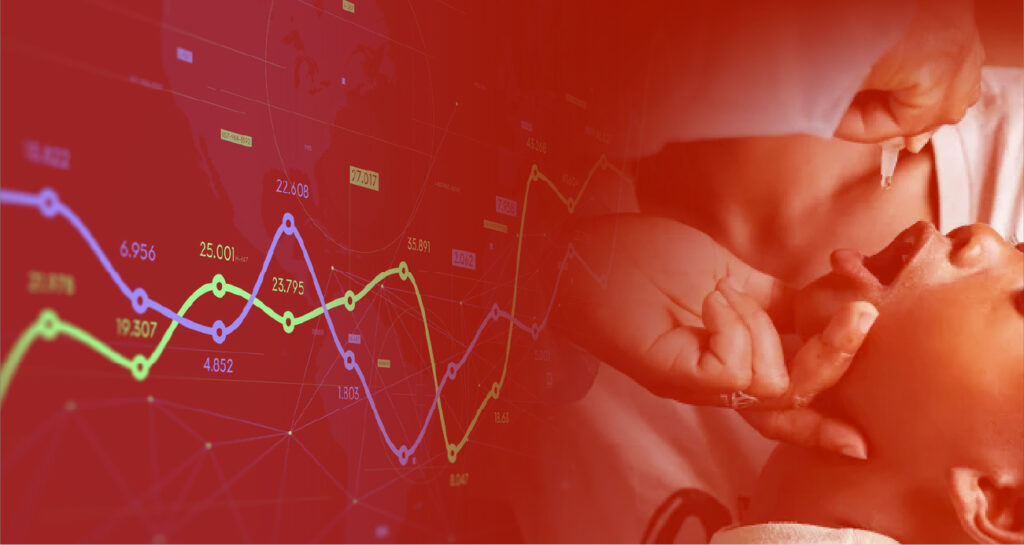In conflict-affected areas, providing essential health services is one of the greatest challenges for governments, humanitarian agencies, and local health workers. Among these services, child immunization stands out as a critical intervention to prevent outbreaks of deadly but preventable diseases. Yet, reaching every child in such fragile settings requires more than vaccines—it requires accurate, local data.
One of the most powerful tools for this purpose is community birth data.
Why Birth Data Matters
In stable settings, national health systems rely on hospital records and civil registration to track births. But in conflict-affected regions, many deliveries take place at home or in informal facilities, making official records incomplete or unreliable. This is where community-generated birth data becomes invaluable.
By collecting information directly from households, local leaders, and community health volunteers, health workers can:
- Identify newborns early and track them for routine immunization.
- Map households with infants under 1 year of age.
- Estimate vaccine needs more accurately to avoid shortages or wastage.
Linking Birth Data to Immunization Campaigns
With timely birth data, health teams can plan immunization strategies more effectively:
- Door-to-door outreach for infants in hard-to-reach areas.
- Mobile clinics scheduled around identified clusters of newborns.
- Catch-up campaigns to vaccinate children who missed routine doses due to displacement or insecurity.
For example, if a community register shows that 50 babies were born in a particular settlement over the past six months, health workers can ensure enough vaccines and staff are allocated specifically to that location.
Overcoming Challenges in Conflict Zones
- Access and Security: Data helps prioritize areas where outreach is both possible and most needed.
- Population Movement: Birth data can be continuously updated as families are displaced, ensuring children are not lost to follow-up.
- Trust and Acceptance: Community involvement in data collection builds trust, encouraging parents to bring their children for vaccination.
The Impact
Using community birth data to guide immunization not only improves coverage rates but also prevents deadly outbreaks of measles, polio, and other vaccine-preventable diseases that often surge in conflict zones. More importantly, it demonstrates that even in fragile settings, local solutions can bridge the gaps left by weakened formal systems.
Conclusion
Conflict should never be a barrier to a child’s right to health. By leveraging community birth data, health workers and humanitarian agencies can bring life-saving vaccines to the most vulnerable children, even in the most challenging environments.

